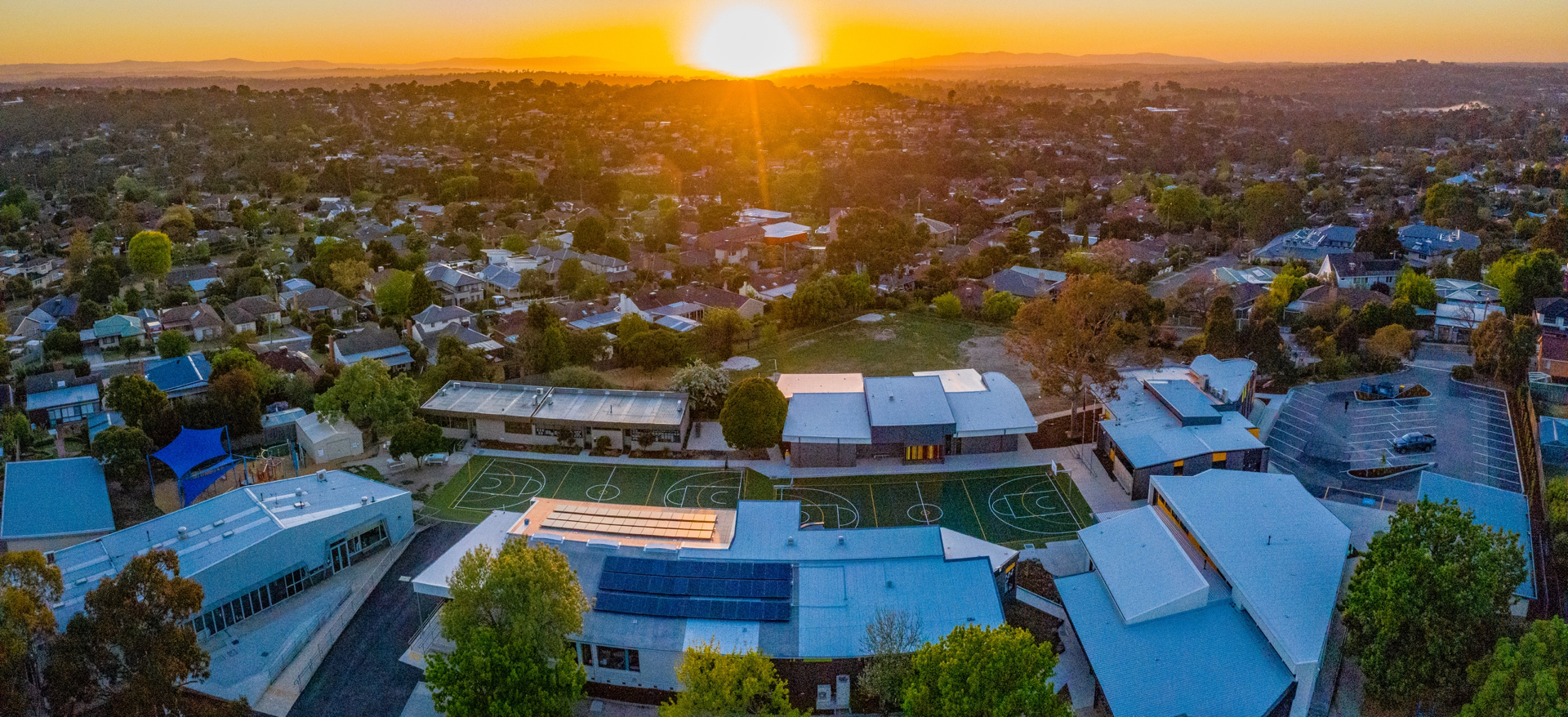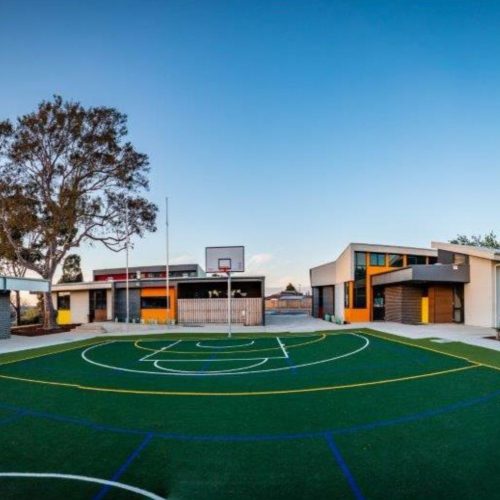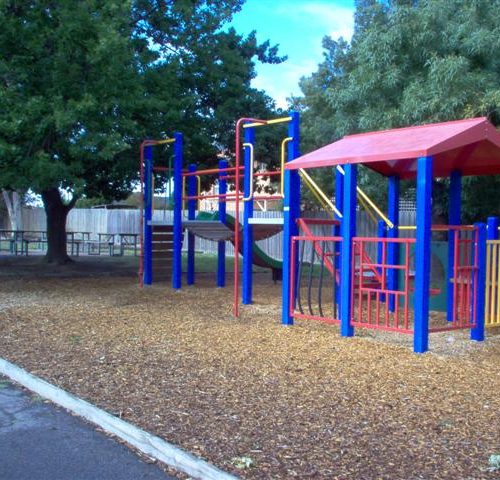IMPORTANT DATES!

PRINCIPAL’S MESSAGE

COVID -19 Update
New Circuit Breaker Restrictions
Yesterday the Premier announced new restrictions for Victoria.
The restrictions will be in place from 11.59pm Thursday 15 July for a 5-day period.
Following advice from the Victorian Chief Health Officer, all Victorian schools will move to a period of remote and flexible learning from today (Friday 16 July) to Tuesday 20 July inclusive.
Early childhood services will remain open and higher education settings will return to full remote learning.
Live learning will be delivered on Monday and Tuesday. Should the lockdown extend, there will 4 days of live learning (Monday to Thursday) and Seesaw remote learning tasks will be set for Friday.
Live learning will be conducted through Webex. Teachers will use Seesaw to post an invitation to their classroom. They will also post a timetable with dates and times for live learning sessions today.
Classroom teachers will be online for a 4-hour block where they will explicitly teach content in Maths and English using an integrated approach. Whole class and small group work will be possible and there will be an open classroom hour where students can ask questions about any of the work they have attempted or are about to attempt. We envisage that students will be able to access 1:1 writing and reading conferences through this platform. Specialist teachers will also run an open classroom for 1 hour and all students will be able to access a specialist program live for 1 hour per day.
The instrumental music program will continue to run as per usual. Students will access small group tutorials with their teacher through Webex.
As with other remote learning periods, our school will provide on-site supervision for students in the following categories:
* Children where both parents and/or carers are authorised workers who cannot work from home, work for an essential provider and where no other supervision arrangements can be made:
o Where there are two parents/carers, both must be authorised workers, working outside the home in order for their children to be eligible for on-site provision
o For single parents/ carers, the authorised worker must be working outside the home in order for their children to be eligible for on-site provision.
* Children experiencing vulnerability, including:
o children in out-of-home care
o children deemed vulnerable by a government agency, funded family or family violence service, and is assessed as requiring education and care outside the family home
o children identified by a school or early childhood service as vulnerable, including via referral from a government agency, or funded family or family violence service, homeless or youth justice service or mental health or other health service.
If your child requires on-site supervision, please contact me at Kirrily.Lamers@education.vic.gov.au or by phone during office hours on 94574178.
The same arrangements apply to our Outside School Hours Care service.
Information is available to support your child’s learning from home.
Please remember to book for your three-way conferences through Compass. We will advise parents as to whether these will be onsite or online.
Kirrily Lamers
Principal
ASSISTANT PRINCIPALS’ REPORT
So here we find ourselves again… Our 5th Victorian lockdown has made us more resilient, more capable, more flexible, and stronger. It’s up to each and every one of us to follow the current circuit breaker restrictions and we shall beat this virus once again – hopefully in just 5 days.
It’s so important to look after yourselves in order to be physically, emotionally and mentally able to look after our children. If looking after yourself is challenging and you have concerns about how you are coping, support is available at the following link.
How you can support your child to learn at home
- – Have a routine and set expectations.
- – Make sure your child has a space to work in.
- – Provide a level of supervision suitable to your child’s stage of development and individual needs.
- – Monitor communications from teachers.
- – Check in with your child often to help them manage and pace their work.
- – Monitor how much time your child is spending online.
Setting up a learning environment
Every home is different but it’s important to provide a quiet and comfortable space in which to learn.
Where possible, remote learning should take place in a space your family shares. For example, a lounge room or dining room. These spaces are preferable over a bedroom, where your child can feel isolated and supervision can be more challenging.
It should be a place:
- – that can be quiet at times
- – that has a strong internet signal, if possible
- – where you or another adult is present as you would normally when your child is online
Establishing routines and expectations
Start and end each day with a check-in to help your child:
- – clarify and understand the instructions they get from their teachers
- – help them organise themselves and set priorities for their learning at home
A healthy daily routine is great for mental and physical health, as well as concentration and learning.
Encourage regular exercise breaks. This might mean going for a walk, using exercise DVDs and apps, dancing, floor exercises or using home exercise equipment.
Encourage healthy eating habits and make sure they drink enough water.
Communication with your child
We encourage you to start and finish each day with a simple check-in. These check-ins can be a regular part of each day.
These questions allow your child to process the instructions they get from their teachers and help them organise themselves and set priorities.
You could also check-in with your child throughout the day. This depends on your child’s needs.
Morning check-ins
- – What are you learning today?
- – What are your learning targets or goals?
- – How will you be spending your time?
- – What resources do you need?
- – What support do you need?
Afternoon check-ins
- – What did you learn today?
- – What was challenging? You could come up with a way to deal with the same problem if it comes up again.
- – Consider three things that went well today. Why were they good?
- – Are you ok? Do you need to ask your teacher for something? Do you need help with something to make tomorrow more successful?
Advice for parents of children with disability or additional needs
You know your child best. As parents and carers of children with disability and additional needs, you are already very skilled in understanding, supporting and caring for your child. Your child’s school is developing learning programs for all learners, inclusive of the needs of your child. The learning activities provided will reflect their stage of learning and the goals of their Individual Education Plan (IEP), where appropriate.
Your child has a range of strengths and abilities that they bring to their learning. While some of the suggestions outlined above will be applicable to your child and home setting, greater support may be required for some learning activities. Consider your child’s needs, and discuss with the classroom teacher:
- – when to undertake certain learning activities
- – how long your child may be expected to spend on a task
- – use of a timer on a phone or iPad, or the oven to help schedule appropriate amounts of time to spend on specific tasks
- – use of charts to record progress against the day’s learning activities
Your child may use a range of equipment and technology (accessible software) at school that is necessary to their learning at home. Please contact Kirrily Lamers at Kirrily.lamers@education.vic.gov.au for access to a computer.
Routine and familiarity helps children and young people feel safe and secure. Some children find changes in routine very upsetting. If your child feels this way they will need your help to establish new routines to signpost their day. If you need further support you may wish to contact us on 94574178 or a health practitioner.
Additional advice and resources
Structuring the home environment for children with developmental disabilities
This resource produced by the Victorian Deaf Education Institute assists parents successfully access their remote learning programs through the addition of structure in the home.
How you can support your child with additional needs at home
This resource helps parents support their child’s learning at home.
Understanding learning difficulties for parents: a practical guide
Provides you with practical advice about learning difficulties. This includes the evidence base supporting particular intervention programs and a recommended apps list for children with learning difficulties.
Please visit https://www.education.vic.gov.au/parents/Pages/default.aspx for more information.
Denisse Lobos & Luke Franklin
Assistant Principals
TEACHING AND LEARNING
Learning Outside the Brain - Body Sensations
There is an increasing body of research indicating that we should be learning more ‘outside’ our brains by developing our ‘interoception’, or awareness of the inner state of our body. Being alert to our body can help us act less impulsively, plan more successfully, make sounder decisions and be more resilient.
Essentially, our bodies provide us with feedback via signals and sensations. These can include shivers down the spine, churning stomachs, tensing of muscles and quicker breathing. Cognitive neuroscience research has found that our bodies unconsciously look for patterns when we navigate situations. When a relevant pattern is detected, our bodies process this information much more quickly than our brains, which takes time to weigh up pros and cons and then acts. Our body sensations often know the best decision to make well before our brains can catch up. By tuning into our body signals, we can learn when to push ourselves, when to rest, how much effort to put into a task and how to effectively pace ourselves on a challenging task. We can also learn to reinterpret and rename our emotions in a more productive way. Nervousness and excitement produce many of the same body sensations – a racing heart, sweaty palms and a fluttering stomach. However, the meaning we assign these emotions is different due to our prior experiences and family or cultural beliefs. Alison Wood Brooks (Assoc. Professor at Harvard Business School) did a study with a group of people undertaking a difficult IQ test and instructed them to tell themselves they were excited, rather than nervous. This test group achieved significantly higher scores. They also came across as competent, confident and reported genuinely feeling excitement – in contrast to the unpleasant discomfort the other group reported. A similar study asked undergraduates to rename body sensations of ‘stress’ as ‘coping’. The group who reappraised their feelings as ‘coping’ scored significantly higher test results and had elevated hormones associated with alertness and sharpened attention. Importantly, this reappraisal of emotions was shown to work the best for people who were ‘interoceptively aware’ of their body sensations. It was also important that the physiological cues of the emotions being reappraised were similar.
We can all use strategies to tune into our body sensations and help our learning by:
*Regularly practising meditation or doing a body scan from head to better tune into the little sensations and clues our bodies send us.
*Training ourselves to name our emotions. Further research indicates that the body produces a collection of sensations which our brain then assembles and names as an emotion. We can train ourselves to name our emotions quickly thus stop our brains from investing time and effort on this task.
* Reappraising similar emotions in a more productive way. For example; tell yourself you are excited instead of nervous, coping instead of stressed, being capable instead of worried.
This field of cognitive neuroscience is extremely interesting research. Next week I will share more about how movement can help our thinking. If you are interested in reading more about this, I recommend the book ‘The Extended Mind : the Power of Thinking Outside the Brain’ by Annie Murphy Paul (Houghton, Mifflin Harcourt, 2021).
Tournament of Minds 2021
Congratulations to the seven students who have been selected for our Tournament of the Minds (TOM) team this year. (Emmy B, Riley T, Maya C, Bowen Y, Ainsley H, Laila K and Eva R)
These students will work collaboratively across the next six weeks to respond to a chosen Long-Term Challenge and also practise for a Spontaneous Challenge. The team will have to create a script, all the props, costumes, backdrops and materials and rehearse a 10 min presentation. The TOM team will present their response to the Challenges at LaTrobe University on the weekend of August 21 -22nd. We wish them the best of luck as they embark on this enriching and exciting project.
ICAS 2021
A big thankyou to those parents/guardians who have registered their child for ICAS this year. Please note that ICAS enrolments close through the Parent Payment Portal on Sunday 25th July 2021.
ICAS registrations can be made through the Parent Payment Portal located at https://www.icasassessments.com/shop-parents/ Please use the school code MHT858.
ICAS assessments will take place on the dates below. Please note that participation in ICAS is optional and at parent expense (each ICAS costs $17.05).

Term 3 2021 Team Newsletters
A reminder that Term 3 Newsletters are now available. These newsletters provide parents and carers with an overview of the learning foci for the upcoming term, as well as important dates and other useful information. These newsletters can be accessed using the following pathway: Compass -> School Documentation -> Year Level Newsletters -> 2021 -> Term 3.
RGLPS Homework Policy
At the most recent School Council meeting at the end of Term Two, a new RGLPS Homework Policy was ratified. Parents/Carers can access this policy via Compass using the following pathway: Compass -> Community Icon -> School Documentation -> School Policies -> RGLPS Homework Policy
The policy will be also uploaded to the school website in the next few days under the Community icon on the top menu.
Kerron Worsdell
Learning Specialist
DO YOU HAVE A CHILD STARTING SCHOOL IN 2022?
Please make sure you have handed your enrolment form and accompanying paperwork into the office.
Enrolment forms can be downloaded from the RGLPS website, or collected from the school foyer.
We look forward to welcoming our 2022 prep siblings!
MATHS QUIZ
Maths Riddle:
Calling all Golf Links students…
Have a go at solving the following shape riddle! I’ll share the answer with you in the newsletter next week.

Extra challenge: Choose a different shape and have a go at creating your own riddle.
If you’d like to share, please send your shape riddles to sarah.mclellan@education.vic.gov.au
Sarah McLellan
Learning Specialist
Please click on each image to view.
SUSTAINABILITY NEWS

Plastic Free July
Plastic Free July is a worldwide movement to help millions of people be part of the solution to plastic pollution so that we can have a cleaner world. We encourage all families to be part of this challenge throughout July. To help, you can reduce the amount of plastic you use during this month.
There are 3 different levels of Plastic Free July. The 1st level is not using the 4 main plastic items which include takeaway coffee cups, plastic bags, plastic water bottles and plastic straws. The 2nd level is to avoid single use plastic packaging. The 3rd level is going completely plastic free. Why would this help? This would help to end climate change and many more environmental issues. Just imagine if 10 people don’t use one new plastic item every day for a week – that’s 70 less pieces of plastic that won’t end up in our oceans or communities. Imagine 100 people not using new plastic for a week – that would be at least 700 pieces of plastic that we don’t have to worry about.
You can find out more information here: https://www.plasticfreejuly.org/
We hope to see families of RGLPS participate in plastic-free July.
“We don’t need a handful of people doing zero waste perfectly, we need millions of people doing it imperfectly” Anne Marie Bonneau.
Maddison B & Eliza B, Environment Leaders, 6SMV
SPORTS NEWS
Division Cross Country

This week 16 students participated in the Division Cross Country at Banyule Flats Reserve in Viewbank. I was very impressed with how our students performed and am so pleased to announce that 7 of our runners have made it through to the Region Final! In fact, it could have been 8 as Lauren C in Grade 3 finished in the top 12 students for the Under 9-10 Girls race but because she is 8, she is too young to participate at the next level (yep, those are the rules unfortunately!); I look forward to her running next year as clearly she has a lot of talent if she can qualify against girls who are two years older than herself.
Good luck to James V, Joshua B, Lutz S, Emily S, Audrey J, Levi S and Mitchell T at the Region Final – keep up your training and hopefully you can win through to the State Final!
Inter School Sport Finals
We are hoping that the Finals will go ahead next Friday depending on government advice. All information will remain the same for venues, times etc at this stage.
Kind Regards,
Darren Peters
COMPASS CHANGES


CSEF -Extension of closing date 13th August 2021
This is a reminder to all parents who hold a Health Care Card that applications for 2021 CSEF will now close on 13 August 2021. Please contact Kaylene or Susan in the office should you have any questions regarding your eligibility.
CSEF is government funding for students whose parents hold a Health Care Card. The funding is $125 per student and can be used for camps and excursions.
FUNDRAISING

CANTEEN
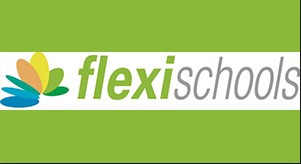
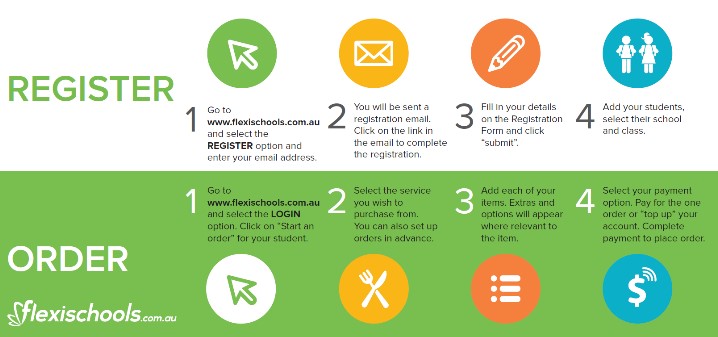

THEIRCARE – BEFORE & AFTER SCHOOL CARE

COMMUNITY NOTICES
Disclaimer: Rosanna Golf Links Primary School (RGLPS) does not endorse any product or service advertised in this newsletter. RGLPS takes no responsibility for the content of advertisements or the quality and reliability of products or services offered in the advertisements









